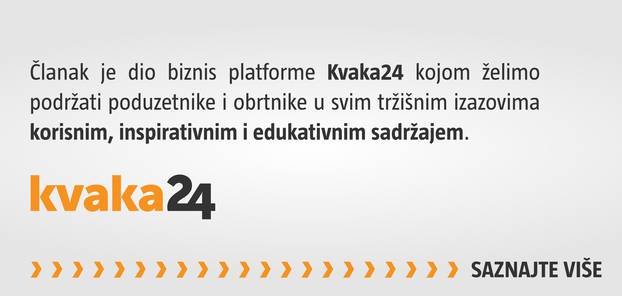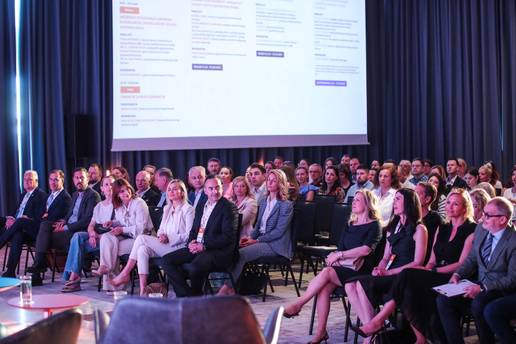The Migration Research Institute reports that 50% of foreign workers in Croatia have a secondary education, and 35% have a bachelor’s degree, indicating that many are overqualified for the jobs they perform. Foreign workers come from various countries, with their numbers growing in sectors such as construction, tourism, and trade. Despite the significant economic contribution of migrants, including entrepreneurial activities, Croatia lacks a clear strategy for their integration and support, which hinders their economic integration. Barriers include language difficulties, non-recognition of qualifications, and administrative challenges, especially for self-employed migrants. Experts suggest establishing targeted programs, mentorship, and incentives for migrant entrepreneurs, drawing on best practices from other countries like Poland.
Political Perspectives:
Left: Left-leaning sources emphasize the economic contributions of migrants and the need for inclusive policies that support migrant integration, including recognition of qualifications and reducing administrative barriers. They highlight the social and economic benefits of migrant entrepreneurship and call for stronger government intervention to create supportive frameworks.
Center: Center-leaning sources present a balanced view acknowledging both the benefits and challenges of migrant labor. They focus on the data about education levels and overqualification, recognizing the need for better integration policies while also considering the practical difficulties migrants face in the labor market and bureaucracy.
Right: Right-leaning sources may focus more on the challenges migrants face in integrating economically and the potential strain on local labor markets. They might emphasize the need for stricter immigration controls and highlight administrative and legal obstacles as necessary measures to regulate migrant entrepreneurship and labor participation.



















